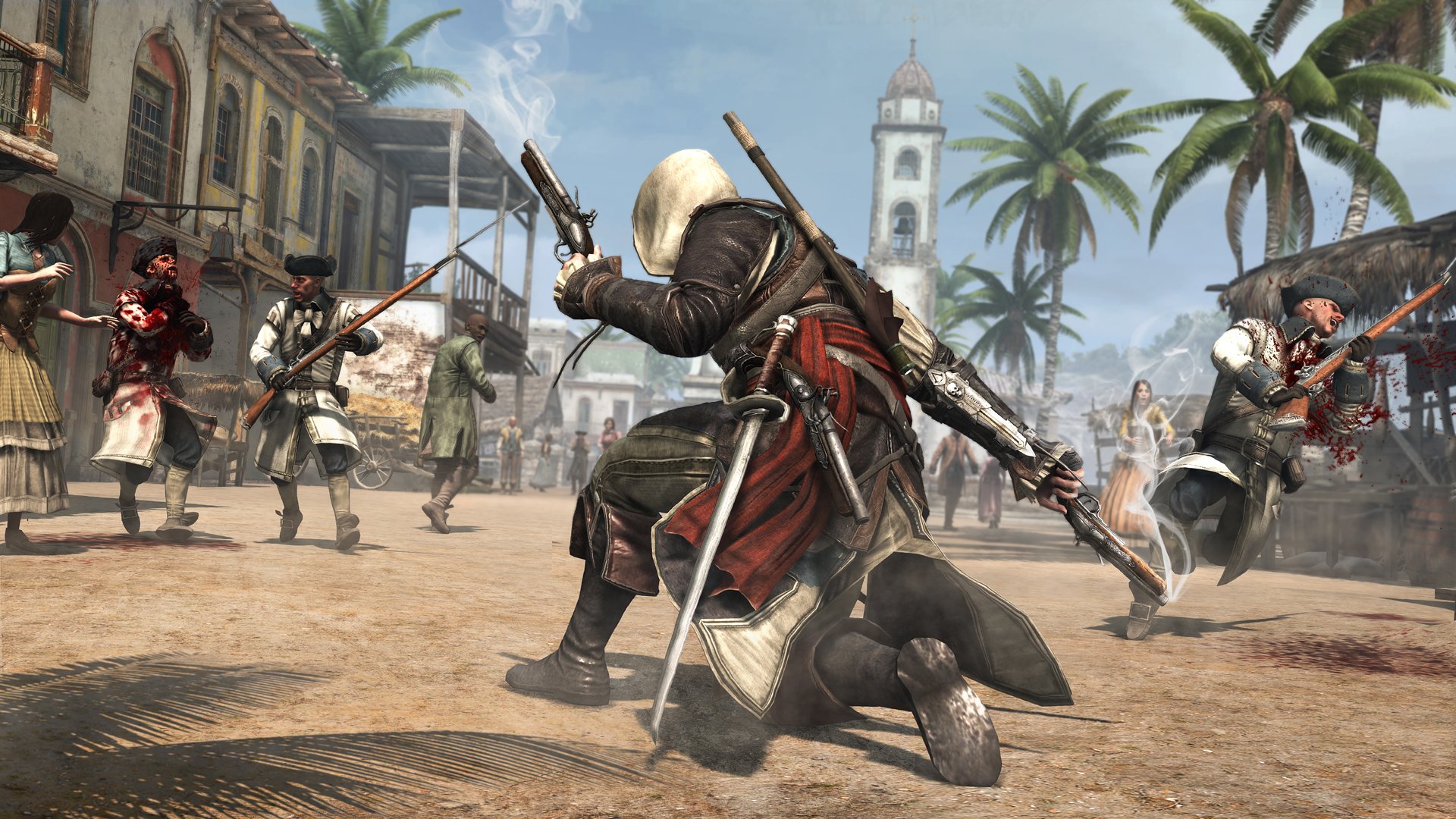Assassin’s Creed Black Flag Remake: A Pirate’s Dream or an Identity Crisis?
If there’s one Assassin’s Creed entry that nearly every fan agrees deserves a comeback, it’s Black Flag. The golden age of piracy, a charismatic lead in Edward Kenway, and some of the best ship combat the series has ever seen—it’s no surprise people have been clamoring for Ubisoft to revisit it. And based on recent leaks, it looks like that wish might finally come true…with a twist.
But will this remake capture the magic of the original, or risk losing its soul in the process? Let’s break it down.
What’s Changing in the Remake?
According to reports, Ubisoft isn’t doing a 1:1 remake in the vein of Resident Evil 2. Instead, we’re looking at more of a faithful reimagining. Here’s what that means:
No modern-day segments – The remake ditches the Animus sequences entirely, expanding Edward’s pirate-era storyline instead. Expect a few extra hours of content focused squarely on the high seas.
RPG-style systems – Gear stats, loot, and a deeper inventory system are being added. Combat will lean closer to the RPG-heavy approach of Origins and Odyssey rather than the more choreographed, timing-based combat of the original.
Seamless exploration – You’ll be able to hop between ship and shore without loading screens, which is a big upgrade for immersion.
A denser world – While the map won’t expand, Ubisoft is reportedly filling islands with more activities and side quests to flesh out the sandbox.
Release window – Targeting March 2026, though some insiders think it could slide into late 2026.
The Modern-Day Debate
Here’s where the community seems split: removing the modern-day sequences.
For some players, the Animus was the glue that gave Assassin’s Creed its unique flavor. Jumping between timelines tied the series into something bigger than just “stealthy parkour with knives.” Without that sci-fi framing, the concern is that Assassin’s Creed risks becoming just another historical action game—albeit one with excellent naval combat.
Others, though, feel like the modern-day storylines were half-baked and often frustrating. If Ubisoft can’t find a way to make them truly meaningful—like letting players bring Animus-learned skills into real-world gameplay—then maybe it’s better to scrap them altogether and double down on what fans loved most: being a pirate.
Bloat vs. Focused Storytelling
Another concern: bloat. Modern Assassin’s Creed games are notorious for overwhelming players with massive maps, endless side quests, and RPG systems that sometimes feel more like chores than adventures.
Fans of the earlier titles loved their more streamlined design—a focused story you could experience without checking a dozen checklists along the way. With the Black Flag remake, Ubisoft risks tipping too far into the “everything but the kitchen sink” direction.
That said, if any Assassin’s Creed deserves some extra padding, it’s Black Flag. Few settings feel as ripe for open-world exploration as the pirate Caribbean.
Why This Remake Still Matters
Despite the concerns, there’s undeniable hype. Black Flag remains one of the best entries in the franchise, and the chance to return to that world with modern tech—seamless ship-to-shore transitions, improved combat, and a denser world—has huge potential.
Even if the modern-day elements vanish, a polished reimagining of pirate life could end up being the definitive way to experience Black Flag. After all, when was the last time we had a truly great pirate game?
The Assassin’s Creed Black Flag remake is shaping up to be a fascinating experiment: part nostalgia trip, part reinvention. Will Ubisoft strike the right balance between honoring the original and modernizing it for today’s players, or will it drift too far into RPG bloat and lose what made it special?
Either way, the seas are calling. It looks like we’ll be setting sail again in 2026!
What about you? Are you excited for a reimagined Black Flag, or do you think Ubisoft is steering too far off course? Drop your thoughts below!



